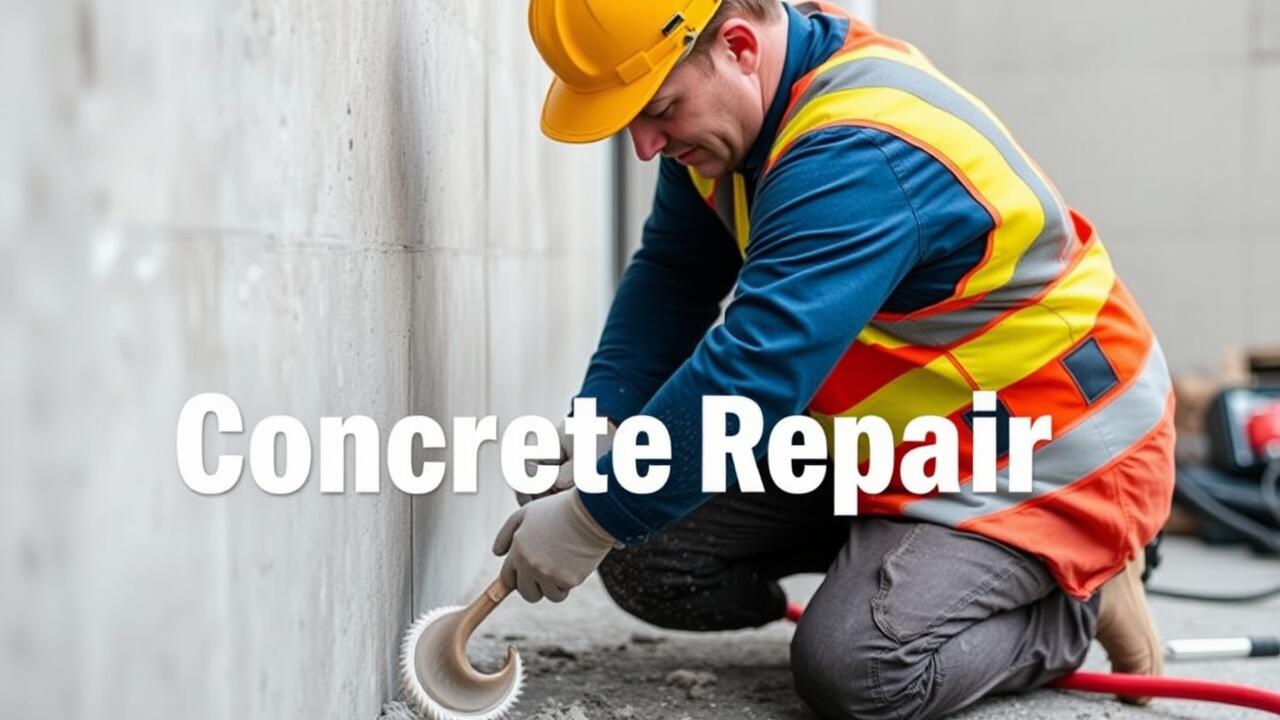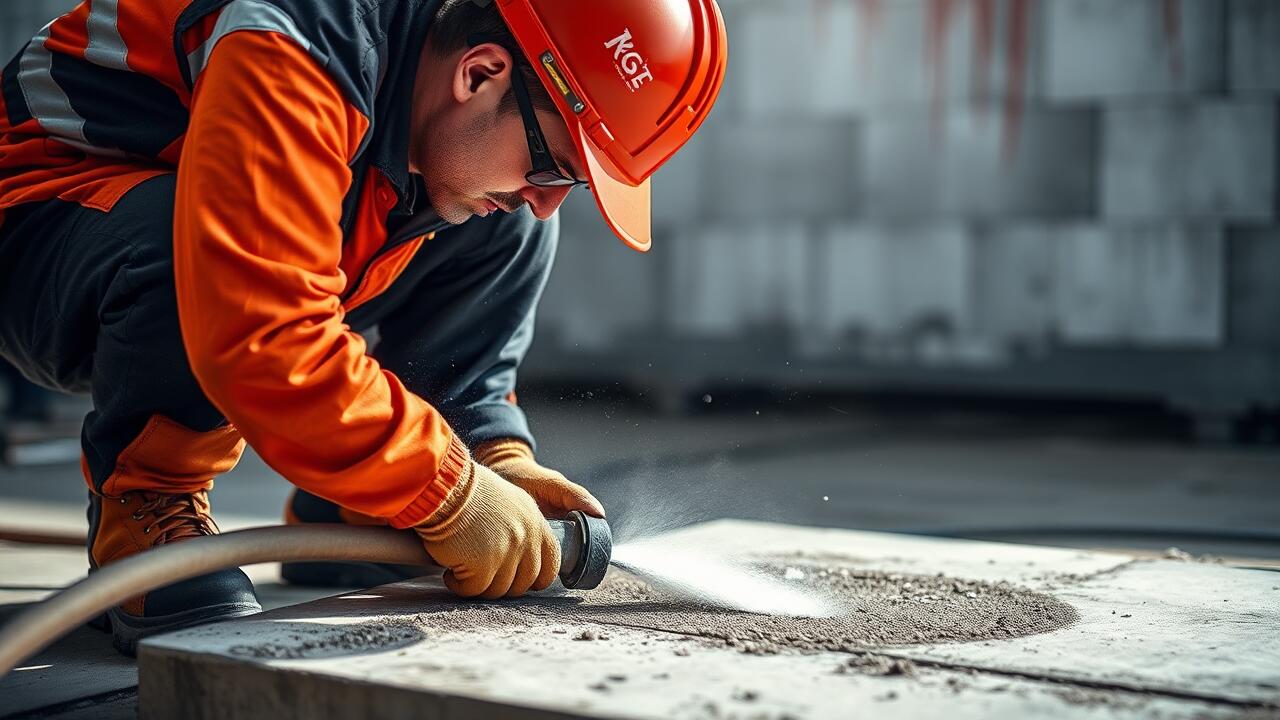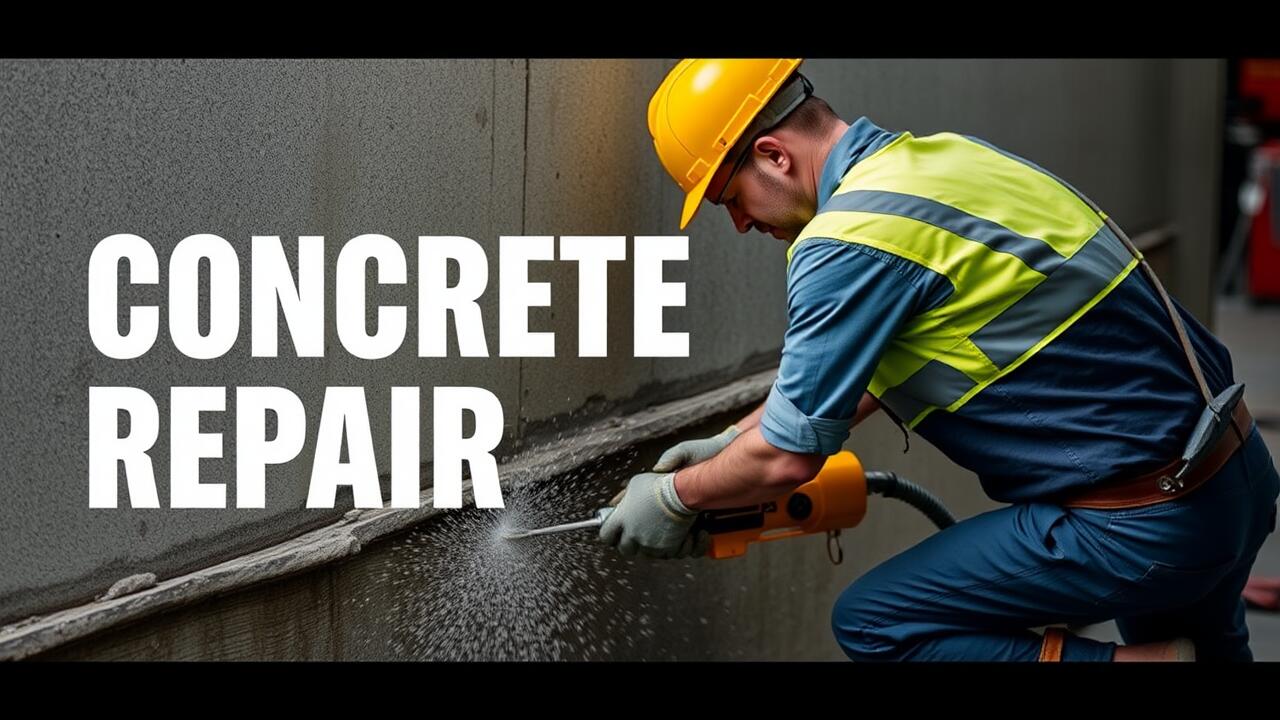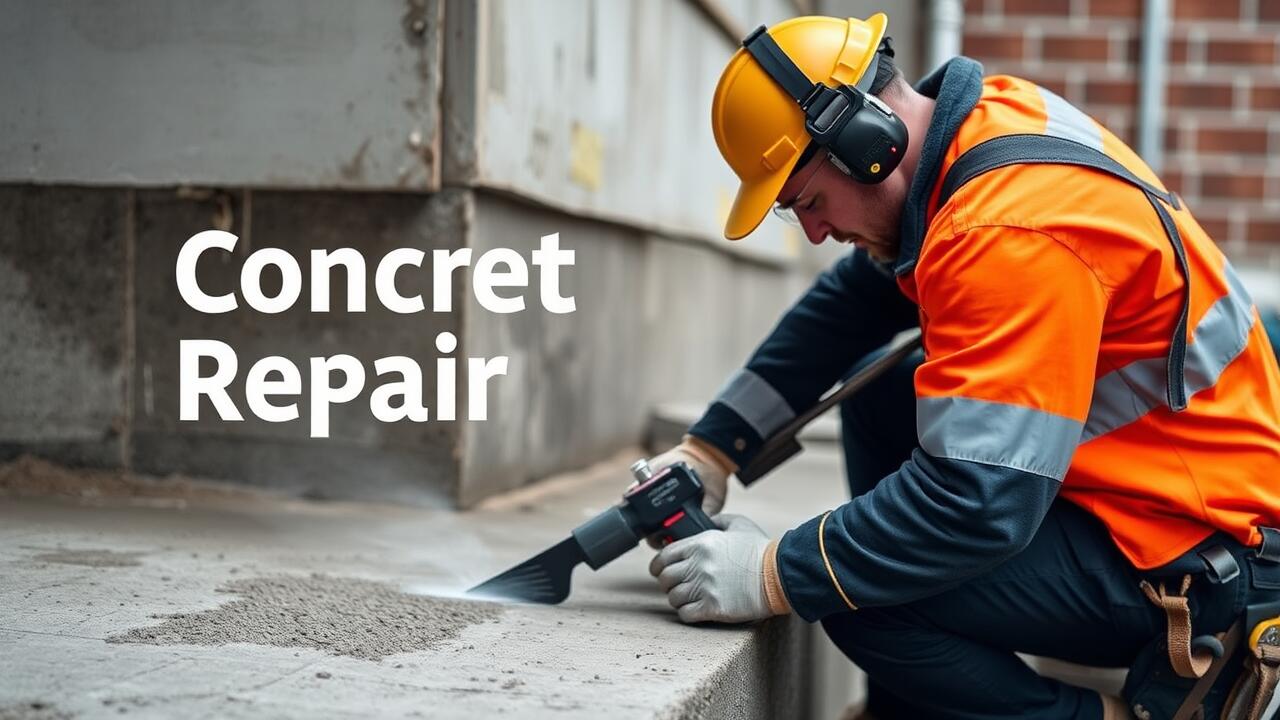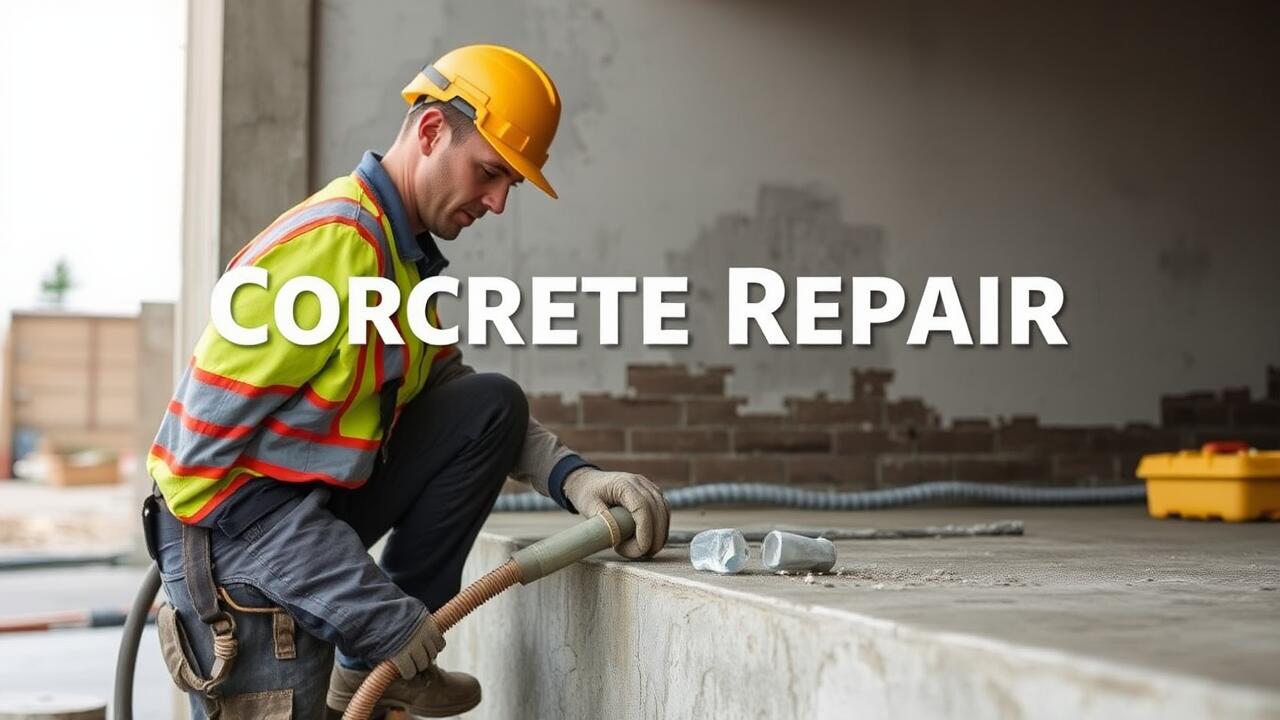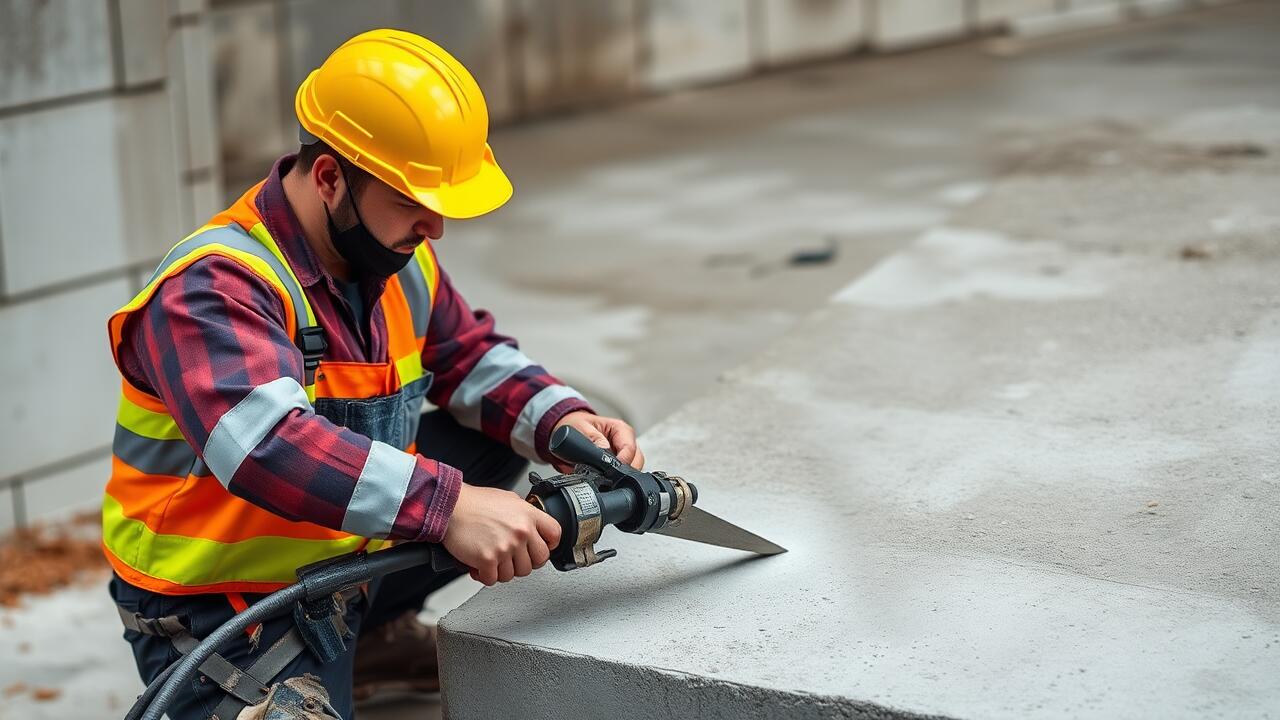
Exploring Polymer-Modified Concrete
Polymer-modified concrete has gained popularity for its enhanced properties and versatility in various applications. These modifications involve incorporating polymers into the concrete mix, which significantly improves the adhesion, flexibility, and overall durability of the material. This is particularly beneficial for repair projects, as the modified concrete can better withstand environmental stresses and reduce the likelihood of cracking over time. Many homeowners and contractors looking for solutions often search for "Concrete Repair near me" to find services that utilize such advanced materials.
The use of polymer-modified concrete is especially advantageous in situations where traditional concrete may struggle. Its improved resistance to moisture and chemicals makes it an ideal choice for repairs in areas exposed to harsh conditions. Additionally, the quick-setting nature of polymer-based mixes allows for faster project completion, making it easier for professionals to address urgent repairs without lengthy delays. For those seeking reliable repair options, searching for "Concrete Repair near me" can lead to specialized services that employ polymer-modified solutions.
Benefits of Polymer Additives
Polymer additives significantly enhance the performance of concrete used in repairs. These additives improve adhesion, flexibility, and overall durability, making the repaired areas less prone to cracking and water infiltration. When searching online for practical solutions, typing "Concrete Repair near me" often yields options that utilize polymer-modified concrete, ensuring a longer-lasting repair for both residential and commercial projects.
In addition to increased durability, polymer additives can also improve the workability of the concrete mix. This ease of use allows contractors and DIY enthusiasts alike to apply the material more effectively, achieving better results in less time. Utilizing polymer-modified concrete can lead to a smoother finish and greater resistance to environmental factors, making it a preferred choice for those looking for reliable repair solutions in their local area.
Using Repair Mortars Effectively
Repair mortars are specially formulated to adhere to existing concrete surfaces, filling cracks and restoring structural integrity. They often come in pre-mixed bags, ensuring ease of use for both professionals and DIY enthusiasts. Selecting the right type of repair mortar is crucial. Factors such as the cause of damage, the surrounding environment, and the expected load on the repaired area should guide the selection process. To achieve optimal results, follow manufacturer instructions carefully during preparation and application.
For effective use of repair mortars, surface preparation is critical. The area must be cleaned of dirt, debris, and any loose concrete. A bonding agent may enhance adhesion for some products, ensuring a strong connection between old and new materials. Proper curing time is essential to avoid premature cracking and ensure durability. Homeowners searching for solutions might find that searching "Concrete Repair near me" leads to local experts who can provide guidance or services tailored to specific needs.
Characteristics of High-Quality Repair Mortars
High-quality repair mortars are typically designed to adhere well to existing surfaces while providing durability and resistance to environmental factors. A primary characteristic is their ability to bond effectively with old concrete, ensuring a seamless integration that minimizes the risk of cracking or delamination. These mortars often come formulated with additives that enhance their workability and strength, making them more effective for various applications. When searching for effective solutions, many homeowners consider "Concrete Repair near me" to find local options.
Another critical aspect of high-quality repair mortars is their tailored formulation for specific repair needs. Some mortars are designed for vertical applications, while others cater to horizontal surfaces. This versatility allows for targeted use depending on the repair job's requirements. Additionally, moisture control is vital, as some repair mortars can be sensitive to water during the curing process. Keeping these characteristics in mind ensures that the right type of mortar is selected for optimal results.
The Role of Epoxy Concrete
Epoxy concrete has gained popularity in the world of construction and repair due to its exceptional binding properties and durability. This material creates a strong adhesion when applied to existing surfaces. Epoxy formulations can fill cracks and voids, providing structural integrity and resistance against moisture and chemicals. Its versatility allows it to be used for a range of applications, from patching floors to reinforcing larger structures. Many homeowners and contractors often search for "Concrete Repair near me" to find local services that specialize in epoxy solutions.
When considering epoxy for repairs, it is crucial to understand the specific conditions of the area being treated. Temperature and humidity can significantly affect the curing process, making proper application vital for optimal results. Epoxy products are available in different types, including low-viscosity formulations for intricate repairs and thicker variants for larger areas. Using the right epoxy can enhance the longevity of repairs, ensuring surfaces can withstand heavy loads and environmental factors.
When to Utilize Epoxy for Repairs
Epoxy concrete is particularly beneficial for repairs that require high strength and durability. Ideal for applications exposed to heavy traffic or harsh environmental conditions, epoxy forms a strong bond with existing concrete, preventing moisture ingress and enhancing the overall structural integrity. Whether used for filling cracks or as a surface overlay, its resilience makes it suitable for both industrial and commercial settings. Finding "Concrete Repair near me" can help ensure you access professional services familiar with epoxy applications.
In situations where aesthetic considerations are also important, epoxy can deliver visually appealing results. It can be tinted or coated to match surrounding surfaces, providing a seamless repair solution. Its resistance to chemicals and stains adds longevity to the repairs, making it the ideal choice for areas prone to spills or exposure to corrosive substances. Homeowners and businesses alike often seek "Concrete Repair near me" to find experts who can execute these specialized epoxy repairs effectively.
FAQS
What types of concrete are best for repairs?
The best types of concrete for repairs include polymer-modified concrete, repair mortars, and epoxy concrete, each offering specific benefits based on the nature of the repair needed.
What is polymer-modified concrete?
Polymer-modified concrete is a type of concrete that includes polymer additives, enhancing its adhesion, flexibility, and durability, making it suitable for a variety of repair applications.
When should I use repair mortars instead of regular concrete?
Repair mortars are specifically formulated for patching and resurfacing, providing better bonding and quicker setting times, making them ideal for repairing surfaces that require a high-quality finish.
What makes epoxy concrete different from other repair options?
Epoxy concrete is a robust adhesive that bonds well to existing surfaces, offering excellent strength and resistance to chemicals and moisture, making it suitable for heavy-duty repairs.
How do I choose the right repair product for my project?
To choose the right repair product, consider factors such as the type of damage, environmental conditions, required strength, and the specific characteristics of the repair product, such as setting time and flexibility.
